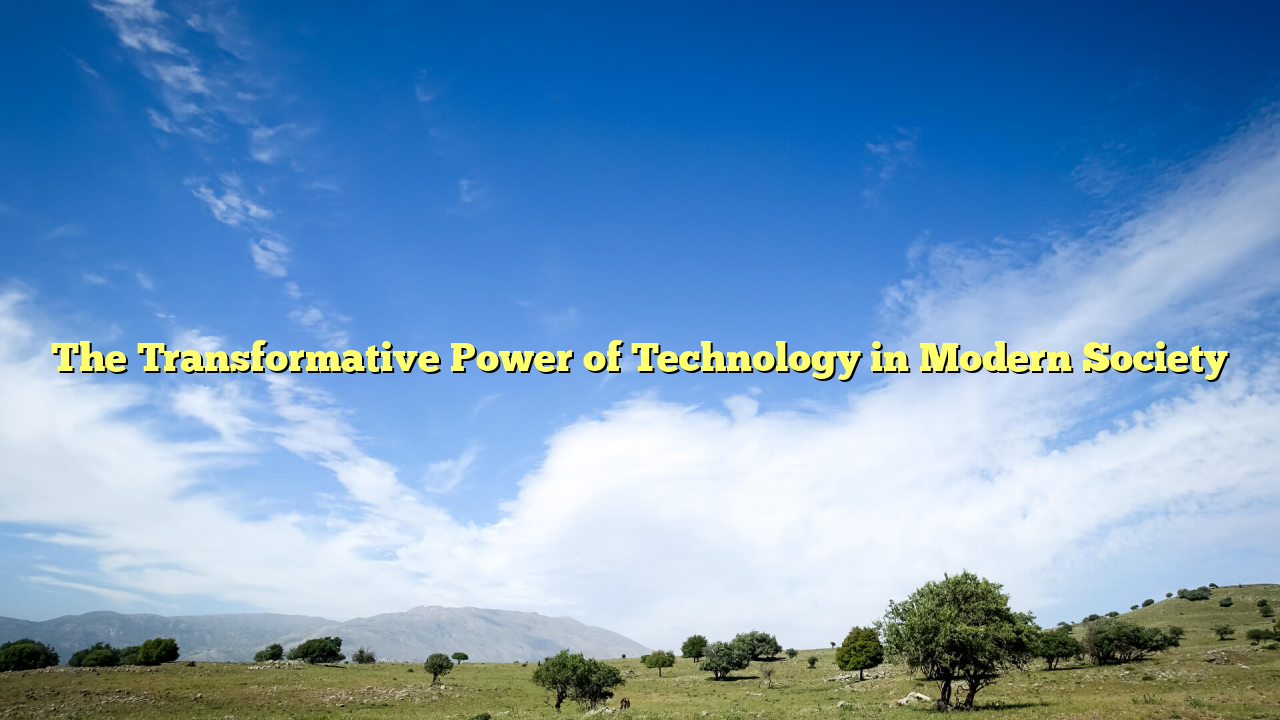Technology has become one of the most defining forces of the 21st century, reshaping every aspect of human life. From the way people communicate to how businesses operate and governments deliver services, technological advancement has created opportunities as well as challenges. While innovation promises efficiency indo168 and progress, it also raises concerns about privacy, security, and inequality. Understanding these dynamics is essential to grasp the role of technology in shaping the present and the future.
One of the most visible impacts of technology lies in communication. The rise of smartphones, social media platforms, and instant messaging has fundamentally changed how people interact. Information that once took days to deliver through letters can now be shared instantly across the globe. This interconnectedness has fueled collaboration, encouraged cultural exchange, and allowed voices from marginalized communities to be heard. However, it has also raised questions about misinformation, digital addiction, and the erosion of face-to-face connections.
The business world has equally been transformed. Automation, artificial intelligence (AI), and big data analytics enable companies to make faster and more informed decisions. E-commerce platforms such as Amazon, Alibaba, and Tokopedia have revolutionized shopping by providing convenience and accessibility. Remote work, which surged during the COVID-19 pandemic, illustrates how digital tools can sustain productivity outside traditional office spaces. At the same time, the shift toward automation raises concerns about job displacement and the widening gap between highly skilled workers and those in vulnerable positions.
In healthcare, technology has proven to be life-saving. Telemedicine platforms allow patients to consult doctors without leaving their homes, particularly beneficial in remote areas. Wearable devices monitor heart rates, sleep patterns, and physical activity, empowering individuals to take charge of their health. On a larger scale, AI-powered diagnostics and robotic surgeries are pushing the boundaries of medical possibilities. Nevertheless, questions about data privacy and unequal access to advanced healthcare remain significant challenges.
Education has also undergone a digital revolution. Online learning platforms provide access to courses from world-class universities to anyone with an internet connection. This democratization of knowledge opens doors for lifelong learning and skills development. Yet, the digital divide—where some regions lack reliable internet or technological infrastructure—creates disparities that must be addressed if education is to be truly inclusive.
Beyond everyday use, technology has implications for global issues such as climate change. Innovations in renewable energy, smart grids, and electric vehicles contribute to reducing carbon emissions. Data-driven environmental monitoring helps governments and organizations track pollution and manage natural resources more effectively. At the same time, the production and disposal of electronic devices raise environmental concerns, demanding sustainable solutions.
As technology continues to advance, ethical considerations become increasingly important. Questions about surveillance, artificial intelligence decision-making, and data ownership highlight the need for responsible innovation. Governments, businesses, and individuals must collaborate to create frameworks that encourage progress while protecting fundamental rights.
In conclusion, technology is a double-edged sword—capable of solving some of humanity’s most pressing problems while introducing new risks and uncertainties. Its transformative power is undeniable, and how society chooses to manage it will shape the decades to come. By fostering innovation responsibly and ensuring inclusivity, technology can serve as a force for greater equality, health, and prosperity worldwide.
